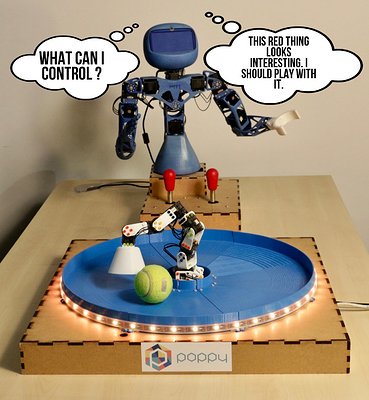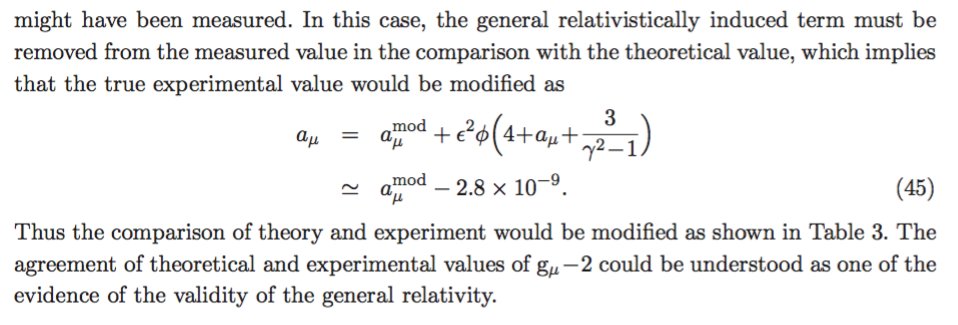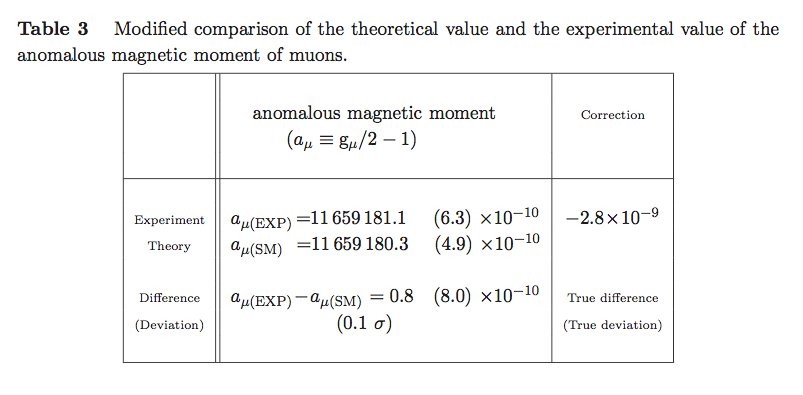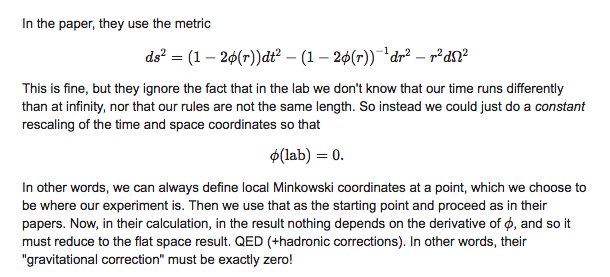#AI #predictions #paperreview
arxiv.org/abs/1705.08807
amazon.co.uk/Thinking-Fast-…
Participants could enumerate the biggest unsolved challenges related to each task before making their prediction, or they could answer what the biggest risks to their predictions are.
For example, one challenge is that Moore's law seems to be petering out. Roughly, it predicts that computer performance doubles every 18 months. However, it has been become difficult to keep it up.
But, in general, why should we trust predictions of people involved in the field now---especially, when AI has become such a hyped field again?
This paper provides interesting predictions. Caution is advised, though, on how seriously to take them.











